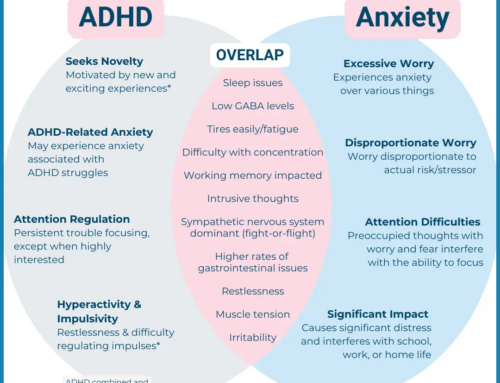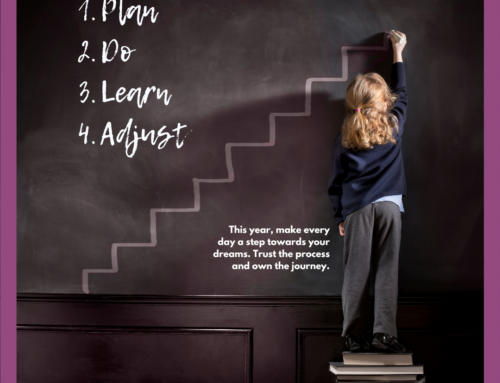Following a recent discussion of kids, character, and how to teach character in sports, I’ve been thinking about the good-old-fashioned concept of “humility.”
The value and characteristics of humility can be traced from the ancient philosophers Confucius and Aristotle through contemporary songs like “Humble and Kind,” by Tim McGraw. I asked myself:
- What is (the true definition of) humility?
- Why is humility a positive value?
- How can parents continue to foster humility in today’s youth culture?
And, as we light candles and cozy-up for December’s Holiday Season, it seems fitting to share my findings. I offer a Spirit of encouragement and a great deal of hope!
First, in my experiences as a parent, humility – balancing an accurate idea of who you are, including your strengths and weaknesses, in relation to others – isn’t always easy to keep in mind.
I want what’s best for my kids and have struggled to balance that desire with all of the opportunities available to them.
My family’s solution to creating balance has been to slow down and make the choices that work best for our kids and our family. We are more peaceful, happier, and more fulfilled as a result. And, you know what? We’re happier for other people too!
Turns out that our parenting experience ties in “perfectly” (you know how I love that word) with current research findings about the positive effects of humility.
My biggest takeaway: the characteristics of humility demonstrated by powerful, effective leaders throughout history relate directly to the characteristics that I can help my kids practice NOW.
The Top 10 Benefits of Staying Humble
- A humble mindset has significant positive effects on our interpersonal, and decision-making skills.
- Humility is directly related to our ability and willingness to learn. Humble people are better learners and problem solvers.
- Humble students who are genuinely open to feedback often overtake their naturally more talented peers who think so highly of their own abilities that they reject all advice.
- Some studies have found that humility is more important as a predictive performance indicator than IQ. (Owens, Johnson, & Mitchell, 2013; Krumrei-Manusco, Haggard, LaBouff, & Rowatt, 2019).
- Humility in our leaders, moreover, fosters trust, engagement, creative strategic thinking, and generally boosts performance (Rego et al., 2017; Ou, Waldman, & Peterson, 2020; Cojuharenco & Karelaia, 2020). Humility is also related to a general increase in positive emotions. Moreover, humility fosters self-forgiveness (Onody et al., 2020).
- Jim Collins, in Good to Great (2001), has demonstrated that the most outstanding leaders are also the most humble. The best leaders combine professional will with personal humility. They are often “self-effacing, quiet, reserved, even shy” – always privileging the institutions they serve over their egos (Collins, 2001, p. 12).
- Humility also helps in the development of self-growth and self-awareness, because it allows one to rationally acknowledge ways in which they can improve themself, acknowledging who they are and who they are not.
- In a study evaluating undergraduate students’ perspectives of humility, researchers found humility to be associated with positive emotion and good psychological adjustment.
- Humility allows you to consciously be aware that you bring worth to this world but that there are many others in the world who also have a purpose.
- Crucially, it also involves seeing ourselves accurately – not thinking more of or less of – ourselves than appropriate. For example, being smart or good at a particular activity doesn’t mean you don’t have to follow the rules.
So how do we foster humility in our kids?
- Practice Gratitude for what you have. Humility and gratitude are closely related. The practice of gratitude offers appreciation for what you have; humility includes appreciating who you are – and who you are not.
- Show Gratitude for others. Thanking or complimenting others for who they are and what they contribute fosters appreciation for the value others can bring. It opens us to other perspectives, ideas, and points of view. This openness is an important characteristic of humility.
- Practice setting a vision, goals, and action plan. Talk with your kids about what is important to them and what they think they do well, in addition to what they might want to get better at. The Yellow Parachute Wheel of Life activity offers a place to start.
Humble Holiday Blessings to you and yours,
Cara
Interested in reading the full articles?
What is Humility & Why is It Important?







